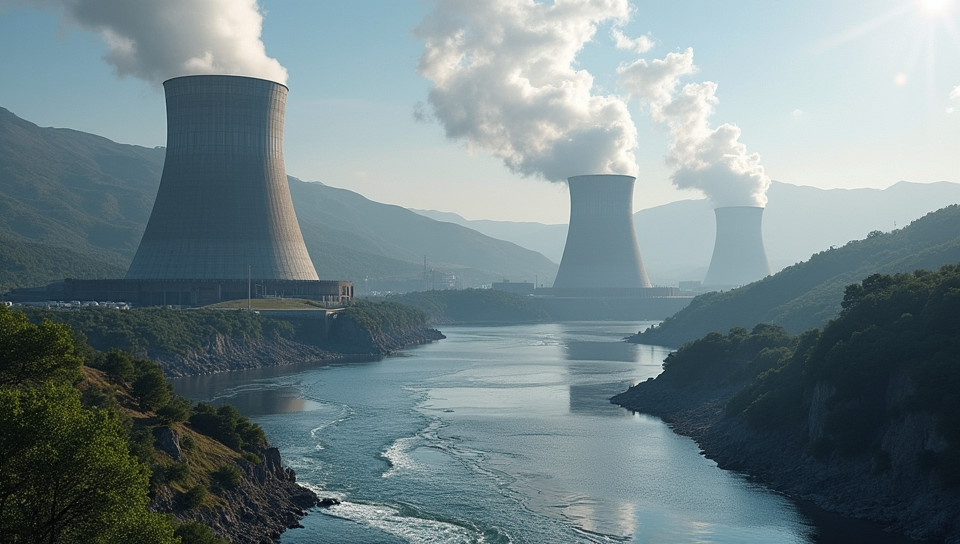Fossil fuels produce more energy than hydroelectric power plants 49%

The Unsettling Truth About Our Energy Sources
As we continue to navigate the complexities of our modern world, it's becoming increasingly clear that our reliance on fossil fuels is at odds with the growing need for sustainable energy solutions. However, a closer examination of the numbers reveals a surprising reality: fossil fuels produce more energy than hydroelectric power plants.
The Dominance of Fossil Fuels
Fossil fuels have been the backbone of modern civilization for centuries, providing the energy necessary to drive industrialization and technological advancements. But just how much energy do they produce? In 2020, fossil fuels accounted for approximately 84% of global electricity generation, with coal, natural gas, and oil providing a combined total of over 25 terawatts (TW) of power.
The Role of Hydroelectric Power
Hydroelectric power plants, on the other hand, have long been touted as a cleaner alternative to fossil fuels. These plants harness the energy of moving water to generate electricity, producing little to no greenhouse gas emissions in the process. However, despite their eco-friendly reputation, hydroelectric power plants still trail behind fossil fuels in terms of energy production.
- Some notable statistics on hydroelectric power include:
- Over 1,300 gigawatts (GW) of installed capacity worldwide
- Accounting for around 15% of global electricity generation
- Most prominent in countries like China, Brazil, and Canada
Why the Discrepancy?
So why do fossil fuels continue to outproduce hydroelectric power plants? The answer lies in the sheer scale of energy demand. As our population grows and economies expand, so too does our need for energy. Fossil fuels have been able to meet this demand due to their relative ease of production and transportation, as well as their long history of use.
Conclusion
As we move forward in our pursuit of a more sustainable future, it's essential that we acknowledge the realities of our current energy landscape. While hydroelectric power plants offer a cleaner alternative, fossil fuels remain the dominant force driving global electricity generation. By understanding this reality, we can begin to develop strategies for transitioning towards a more balanced and eco-friendly energy mix.
In conclusion, fossil fuels may not be the most environmentally friendly option, but they are undeniably the most prevalent source of energy production today. As we work towards creating a better tomorrow, it's crucial that we recognize this fact and strive for innovative solutions that balance our needs with the need to protect our planet.
- Created by: Jakub Mazur
- Created at: Aug. 17, 2024, 9:48 p.m.
- ID: 7585







